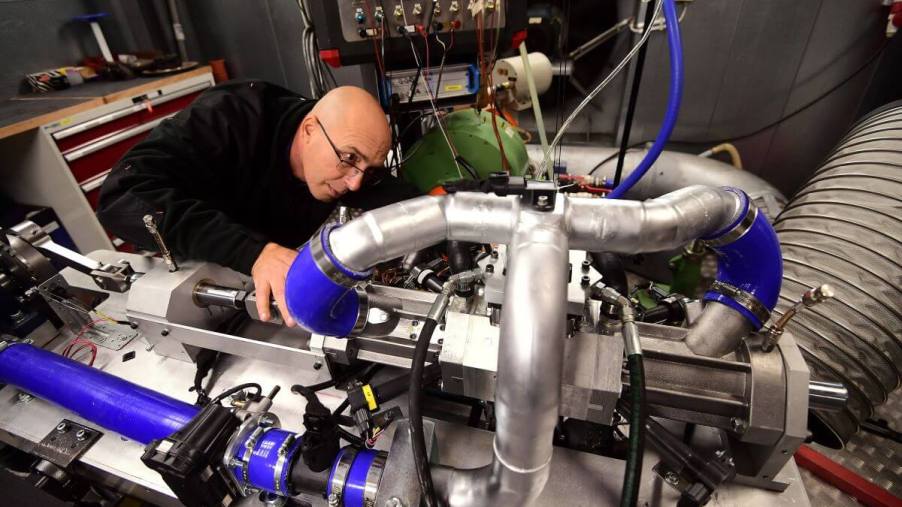
Engine Detonation vs. Knocking vs. Pre-Ignition: Diagnosing Similar Car Sounds
A smooth-running engine is always lovely to hear. After you turn the key, the mechanical rhythm of pistons, valves, and exhaust signal your ride’s good to go. Then, when you accelerate, revs climb and sounds intensify, letting you play race car driver on the streets.
A modern engine is a finely-tuned machine. It depends on perfectly-timed combustion to run its best. That includes fuel injectors, valves, pistons, and spark plugs working together. However, when those get out of sync, knocking sounds can indicate serious issues. Not only can that mean expensive repairs, but also decreased car safety.
That brings us to engine knock and the question of whether it is related to or different from engine detonations and pre-ignition. So, what’s the difference between these engine issues, and what problems does each signal?
Engine knock and detonations
As Amsoil describes, engine detonation is the spontaneous combustion of the remaining fuel/air mixture in the cylinder after the spark plug begins normal combustion. Here’s what that means.
In an optimally running engine, when the piston’s several degrees from top dead center (TDC), spark-initiated ignition occurs. That split-second timing enhances efficiency and horsepower. However, when pressure and heat build, detonation can occur. Signaled by a knocking or ticking sound, detonation can cause serious problems down the line. Thankfully, modern vehicles have a knock sensor to adjust timing and prevent engine damage.
According to The Drive, a knock sensor monitors engine sounds and signals the engine control unit (ECU) if it hears anything abnormal. The ECU then analyzes the data and adjusts timing if needed. When that happens, the check engine light (CEL) may illuminate, letting you know it’s time for service.
Typical causes of engine knock include faulty spark plugs, low octane fuel, and carbon deposits, according to Firestone Complete Auto Care. That’s why manufacturers recommend super unleaded gas on high-performance engines. Additionally, it’s essential to stay ahead of routine maintenance. To find the correct fuel and service intervals, your owner’s manual has everything you need.
While using the correct fuel is up to the owner, for spark plug replacement and carbon deposit cleaning, Jiffy Lube offers tune-ups from trained technicians. Scott’s Automotive & Service Centers further expands on the causes of engine knocking beyond detonations. Additional factors can include low engine oil, a faulty fuel pump, and worn-out engine bearings. That’s all the more reason to visit the mechanic when you hear a knocking sound.
Pre-ignition causes and solutions
In contrast to engine detonation, pre-ignition occurs before the spark plug ignites. Either way, it still leads to engine knock and further mechanical problems.
Edge Autosport offers a detailed explanation of pre-ignition. After fuel and air enter the combustion chamber, a hot spot—like a spark plug tip—can pre-ignite the mixture during the compression stroke. That can drastically increase load and heat, leading to skyrocketing cylinder pressures.
When that happens, typical symptoms include engine failure, a hole melted in the top of the piston, or melted spark plugs, according to Summit Racing Equipment. The outlet recommends preventative measures like properly installed spark plugs, a well-maintained cooling system, and using spark plugs with the correct heat range for your engine.
Engine knock lets you know something’s awry with your car’s powerplant. Aside from the sound, knocking brings decreased performance and serious engine issues. While detonation and pre-ignition occur at different times, they each affect combustion and power delivery. Staying ahead of maintenance and using the correct octane gasoline can go a long way in preventing both. That’ll help your engine run like a top.




